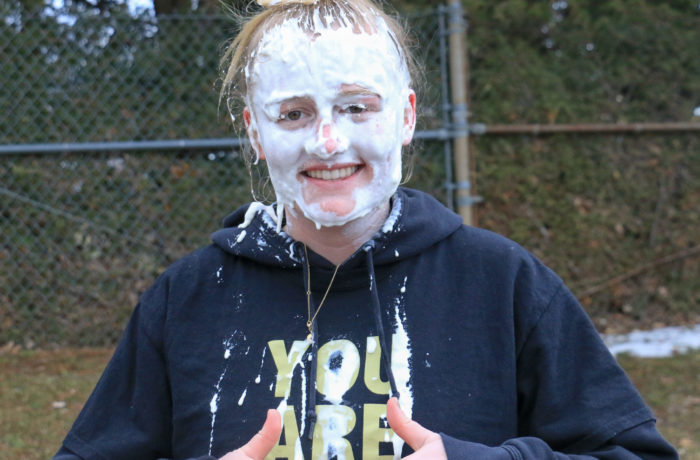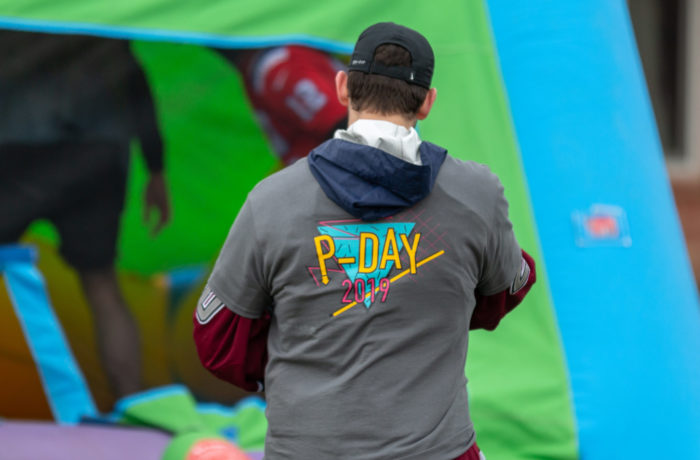
Photo By: Maggie Nevens
By Megan Robinson
Staff Writer
Binge drinking is common in the life of most college campuses. Ari Kirshenbaum, Associate Professor of Psychology, from the Krikstone Laboratory for the Behavioral Sciences, said binge drinking impairs attentional and memory processes which could lead to long term heavy usage and cause cortical and hippocampal damage. The cortex is part of the outermost portion of the brain that stores memory and helps creates emotions as well as plan for the future. “Chronic alcohol use is associated with cortical “thinning” and hippocampal atrophy,” said Kirshenbaum. “Memories are not stored well under the influence of alcohol, and there’s a wealth of data showing that binge drinking produces a number of different cognitive impairments even after the binging episode is over,” said Kirshenbaum. Consuming this much alcohol can alter students’ ability to study the following night as well as later in the week.
Kirshenbaum shared that hangovers also impair memory. Over time, heavy drinking can lead to “Korsakoff’s syndrome,” which doesn’t allow these patients to learn anything new. The good news is that “Sustained abstinence can correct for a number of brain deficits produced by binging,” Kirshenbaum said.
Alcohol-induced memory problems can interfere with students’ learning, even after they are done drinking. Students who go to class after a night of intense binge-drinking are less likely to retain the information given to them.
Students on anti-anxiety medications should take extra caution while using alcohol, as it can interfere with the effectiveness of the drugs. “The interactions between alcohol and anti-anxiety medications can be lethal,” Kirshenbaum added.
Bergeron Wellness Center is a source for students to use on campus if they are struggling with alcohol dependence. If students prefer to go off campus, Kathy Butts, Director of Personal Counseling suggests to go to Alcoholics Anonymous/Narcotics Anonymous, daily and free resources, for anyone dealing with addiction. Scheduling an appointment can be done online or by accessing “the Howard Center 488-6103,” said Butts. For more individual off-campus attention, see box, below.
“We are looking to implement some kind of Collegiate Recovery Community here at St. Michael’s College in the future,” said Butts. Recovery communities are safe spaces for people struggling with substance addiction for them to seek help in a setting that makes them feel less alone.


